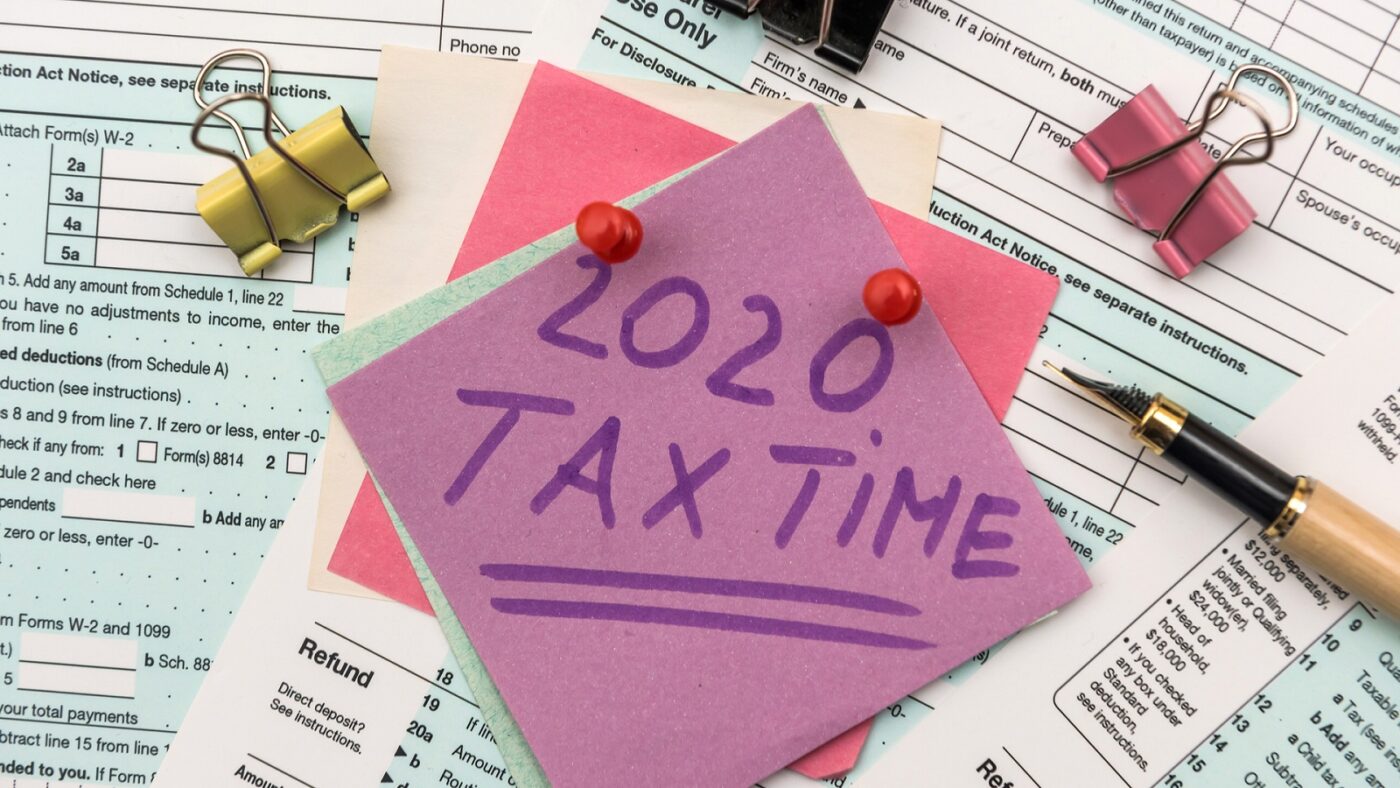Here’s How to Master The 2020 Tax Season
It won’t be the usual tax season for a lot of Canadians. This year’s filing can be complicated by unique issues. Such as how to claim emergency benefits from last year; or will your favourite tax preparation service have its offices open. Here’s a quick primer for you.
Get ready, get set
The 2020 tax-filing deadline for most Canadians is April 30th, but you can file online as early as February 22, 2021. If you’re self-employed, or have a spouse/partner who is self-employed, your deadline is June 15, 2021.
Begin by gathering all the documents you will need. If you don’t have the necessary reporting slips, starting in February you can check for them on your My Account service with the Canada Revenue Agency (CRA).
Check this personalized portal for investment reports also. You should be able to access information about capital gain/loss carry forwards from previous years, and T5008 slips reporting your financial transactions. For anything missing, check with your Financial Advisor or financial institution.
Pandemic benefits
What should you do about emergency benefits from last year? They will be summarized in a T4A or T4E report. Use the security code you received, when you applied for these benefits, to unlock that section of your My Account personal portal.
Help is available
Regardless of any lockdown rules, accounting and tax preparation services are considered essential. These offices should be open. If not, use online resources to gather your information then ask your service how to get it done.
For your convenience and health protection, CRA recommends you sign up for direct deposit. This will also speed up delivery of your refund.
Sit down for a chat
If you’re married or living common-law, plan your tax filing together to ensure, for example, that the one with the higher income claims beneficial credits. Also, that you don’t both claim the same things. Retired couples could address a large difference in income by jointly electing to split pension income.
Get there on time
Be sure to submit your return on time, to avoid penalties. The late-filing penalty is 5% of the tax you owe, plus 1% for each month you’re overdue, up to 12 months. Plus, interest on both of these.
Master this tax season and make it work to your benefit. Ask you Financial Advisor to help you plan a winning strategy.




